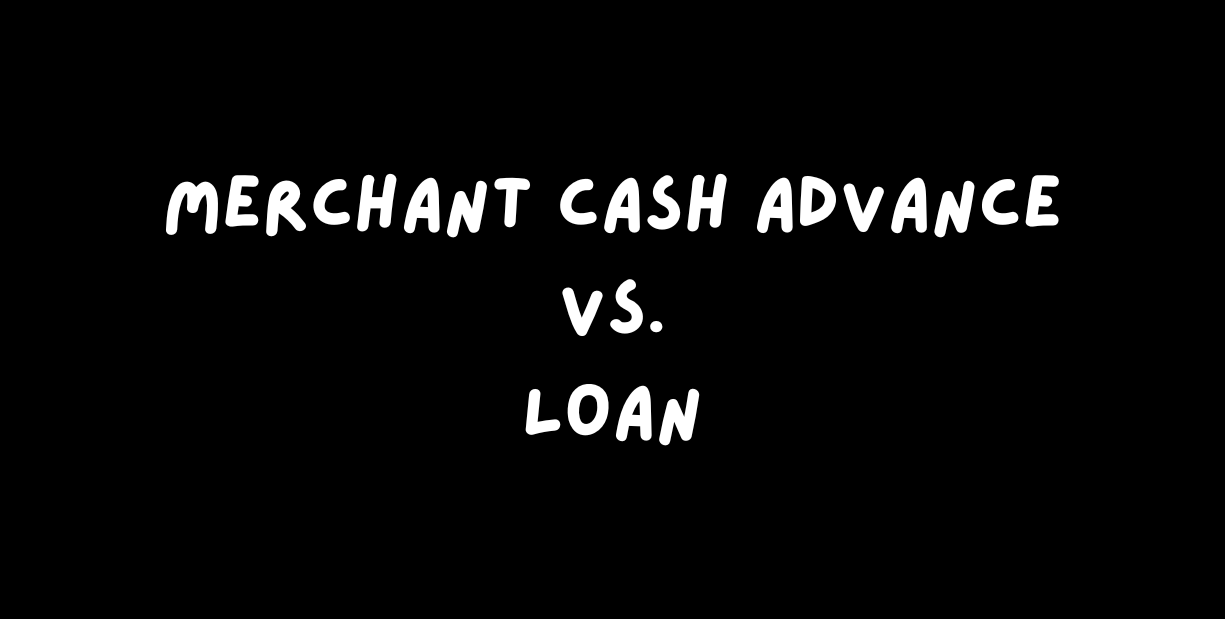Merchant Cash Advance Defense | Protect Your Business from Legal Pitfalls and Predatory Lenders
Merchant Cash Advance Defense

What is a Merchant Cash Advance (MCA)?
A Merchant Cash Advance (MCA) is a type of financing where a business receives a lump sum of cash in exchange for a percentage of its future credit card sales. Unlike traditional loans, MCAs do not have fixed repayment schedules or interest rates. Instead, repayment is directly tied to the business's sales, making it an attractive option for those needing immediate cash without the stringent requirements of bank loans.
Why Businesses Turn to MCAs
Why do businesses turn to MCAs? The answer is simple: speed and ease. Traditional loans can take weeks or even months to process, often requiring collateral, extensive credit checks, and mountains of paperwork. On the other hand, MCAs offer a streamlined process that can provide funds within days.
Quick Access to Funds
In times of financial crisis, businesses often need quick access to cash. An MCA can provide a fast financial solution, allowing businesses to address immediate needs such as inventory purchases, equipment repairs, or payroll expenses. It's like grabbing a financial lifeline when the boat is sinking.
No Collateral Required
Unlike bank loans that may require collateral, MCAs are unsecured. This means businesses don't have to risk valuable assets to obtain funding. The ease of access makes MCAs a go-to option for many, especially those with less-than-perfect credit.
The Legal Challenges of MCAs
While MCAs offer an immediate financial solution, they come with their own set of legal challenges. Many businesses find themselves trapped in unfavorable terms or subjected to aggressive collection practices. Understanding these challenges is crucial in mounting an effective defense.
Confession of Judgment (COJ)
One of the most controversial aspects of MCAs is the use of Confession of Judgment (COJ) clauses. A COJ allows the lender to obtain a judgment against the borrower without a trial, often leading to immediate asset seizures. Imagine giving someone the keys to your house with a note saying, "Take what you want if things go south." That's essentially what a COJ does.
Usury Laws
Usury laws are designed to protect borrowers from excessively high-interest rates. However, MCAs often skirt these laws by structuring themselves as sales of future receivables rather than loans. This legal gray area can lead to disputes over whether an MCA violates state usury laws.
Unclear Contract Terms
MCA agreements are notorious for their complex and sometimes ambiguous terms. Vague language can lead to misunderstandings about repayment obligations, fees, and the lender's rights. These unclear terms often become the battleground in legal disputes.
MCA Defense Strategies
Facing an MCA dispute? Here are some key defense strategies that can help protect your business from predatory lenders.
Challenging the Confession of Judgment
If an MCA lender uses a COJ to obtain a judgment against you, it's possible to challenge it in court. You can argue that the COJ was obtained through fraud, coercion, or misunderstanding. Courts are increasingly scrutinizing COJs, especially in cases where borrowers weren't fully aware of what they were signing.
Proving Usury Violations
If you can prove that the MCA is effectively a loan with an illegally high-interest rate, you may have a case for usury violations. This defense requires a thorough analysis of the agreement and an understanding of state usury laws. It's like untangling a web of legal jargon to reveal the spider at its center.
Arguing Unconscionable Terms
Some MCA agreements contain terms that are so one-sided and oppressive that they may be deemed unconscionable. If you can show that the contract terms are unfair to the point of being unenforceable, the court may void or modify the agreement.
Hiring an MCA Defense Attorney
Navigating the legal complexities of an MCA dispute requires professional expertise. An experienced MCA defense attorney can assess your situation, identify potential defenses, and represent you in negotiations or court proceedings.
What to Look for in an MCA Defense Attorney
When seeking legal representation, look for an attorney with experience in MCA disputes, a deep understanding of commercial law, and a track record of successful defenses. It's not just about finding a lawyer; it's about finding the right lawyer for your specific case.
How an Attorney Can Help
An attorney can help by challenging the legality of the MCA, negotiating with the lender, and representing you in court. They can identify flaws in the agreement, protect your assets, and work toward a favorable resolution. Think of them as your legal bodyguard, shielding you from predatory practices.
Preventing Future MCA Issues
The best defense is a good offense. To avoid future MCA problems, take proactive steps before signing any agreement.Thoroughly Reviewing Contracts
Never rush into an MCA agreement. Take the time to review the contract thoroughly, preferably with legal counsel. Ensure you understand all terms, fees, and obligations. If something seems unclear or too good to be true, it probably is.
Exploring Alternative Financing Options
Before resorting to an MCA, explore other financing options such as traditional bank loans, lines of credit, or small business grants. These alternatives may offer more favorable terms without the legal risks associated with MCAs.
Conclusion
Merchant cash advances can provide a quick financial fix but often come with strings attached. Understanding the potential legal challenges and knowing how to defend against them is crucial for protecting your business. Whether you're currently facing an MCA dispute or considering one, being informed is your best defense. Remember, the decisions you make today can either safeguard your business or lead to costly legal battles.











